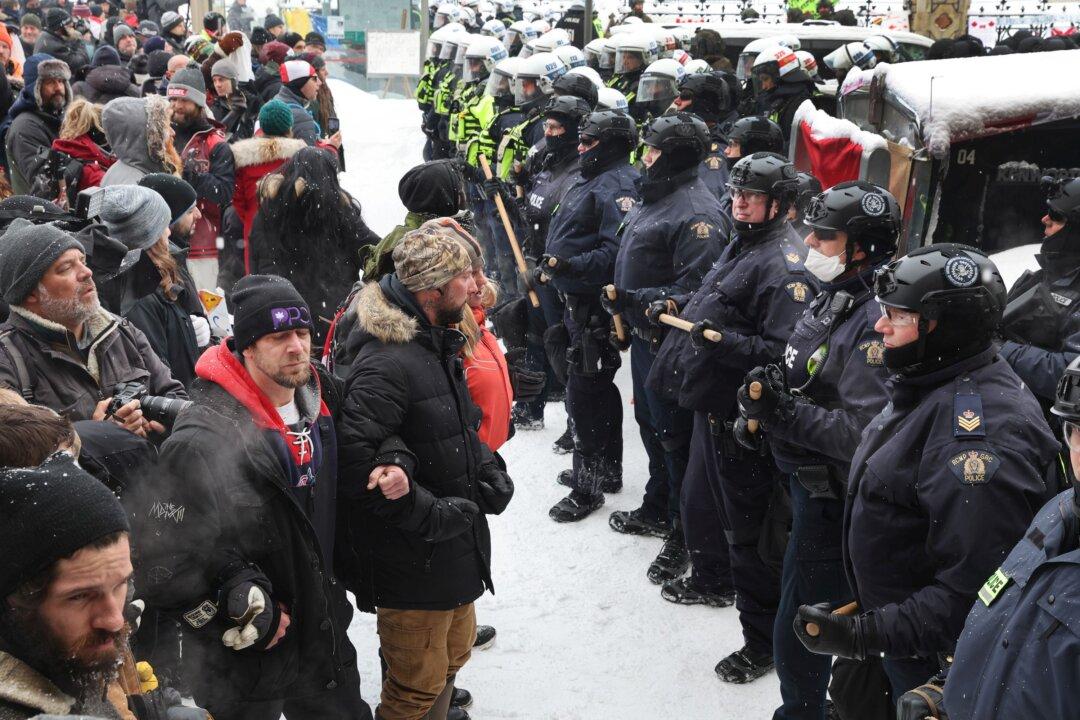News Analysis
Questions regarding how the Liberal government decided to use the Emergencies Act deserve answers, says a Canadian law professor, who hopes that legal action and public pressure will bring disclosure.

Questions regarding how the Liberal government decided to use the Emergencies Act deserve answers, says a Canadian law professor, who hopes that legal action and public pressure will bring disclosure.